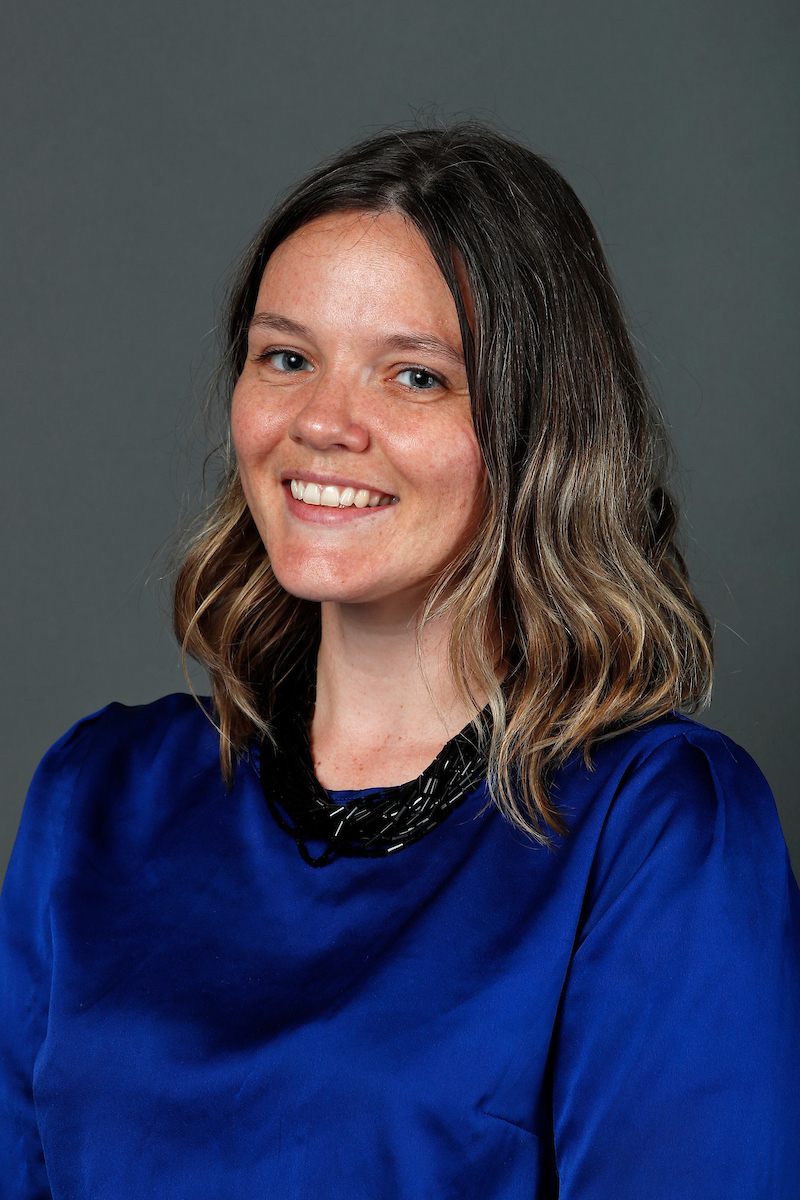A culturally informed lower-extremity complication prevention program for people living with diabetes in south India. Journal Article
Local Library Link: Find It @ Loyola
| Authors: | Peacock, A; Skemp, L; Seetharam, S; Shanmukha, R; Prasad, M; Seetharam, MR |
| Article Title: | A culturally informed lower-extremity complication prevention program for people living with diabetes in south India. |
| Abstract: | BACKGROUND: Diabetes and its complications are increasing in frequency worldwide. Lower-extremity complications carry a high risk for morbidity and mortality, yet are largely preventable through education and self-monitoring. In India, rural areas lack access to education, care, and treatment. Despite existing evidence-based programs to reduce diabetes-related lower-extremity complications in areas with limited resources, uptake and sustainability may be hampered by the lack of translation to the local cultural context. AIMS: To address this gap, this study used the Culturally Informed Healthy Aging nursing process to develop a lower extremity complication prevention program in a rural village. The paper describes the results of a community health needs assessment conducted annually from 2009 to 2014, and subsequent pilot test of an intervention incorporating these results. METHODS: The Culturally Informed Healthy Aging process is a naturalistic, inductive method used to identify and address health needs. Components include community partnership, community assessment, program planning, selection of health priorities, workgroup formation and translation of evidence, and program outcome evaluation. The programming is assessed using process evaluation, which allows for continuous monitoring and program modification. RESULTS: Community assessment revealed a number of values, beliefs, and practices related to foot care and assessment in rural south India. These were incorporated into culturally informed programming and evidence-based protocols were adapted for use in the local context. Programming resulted in increased community capacity for lower extremity complication prevention, accessible population screening, and culturally informed foot care education. DISCUSSION: Strengths, limitations and implications for care in rural India and other areas are discussed. |
| Journal Title: | Global health promotion |
| Publisher: | Unknown |
| Date Published: | 2019 |


